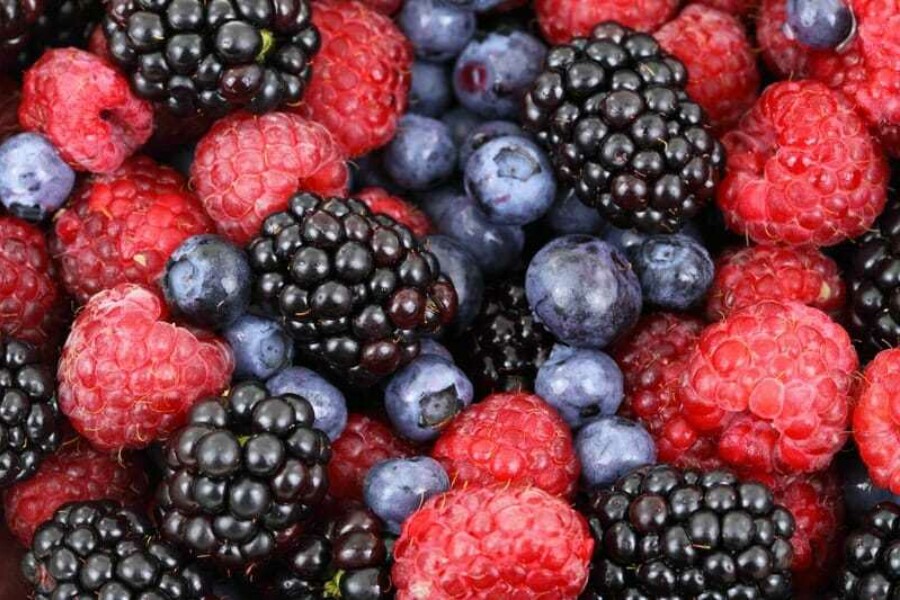Is Your Diet Causing Varicose Veins?

Healthy eating habits can play a major role in preventing varicose veins.
Varicose veins affect over 20 million Americans, but recent research suggests that most of them could greatly reduce their symptoms with some simple changes to their diets. Eating highly processed foods and little fiber, for example, can cause vein-inhibiting constipation and ultimately result in painful varicose veins, while salty foods can place more pressure on the veins by increasing the volume of fluids.
Since good circulation is so vital to vein health, patients should know which foods will promote or impede their blood flow. We’ll walk you through some of the best best foods, drinks, and nutrients that can help you avoid varicose veins.
1. Copper
More than just a precious metal, copper is an essential nutrient that strengthens the skeletal system, stabilizes the immune system, and promotes circulation. A copper deficiency can make the veins less elastic, gradually weakening them and leaving them susceptible to swelling. Beef liver, lentils, almonds, sunflower seeds, and asparagus are all rich in copper and will increase vein elasticity.
2. Bioflavonoids
Aside from providing fruits and vegetables with their characteristic colors, bioflavonoids are potent anti-inflammatories. As a result, they effective reduce swelling in varicose veins while strengthening the cartilage within their walls. Dark chocolate, kidney beans, mangoes, cherries, grapes, and papayas are all particularly rich in bioflavonoids.
3. Fruits
Most fruits are rich with antioxidants and anti-inflammatories, but they contain some other valuable nutrients, as well. Strawberries, blueberries, raspberries, and blackberries, for example, all contain tannin, a naturally occurring element that guards your blood vessels from leakage. Similarly, citrus products such as oranges, grapefruit, and lemons are filled with Vitamin C and oxerutins, both of which reduce the swelling and pain caused by varicose veins. Since these foods are high in fiber, they’ll also lower the risk of constipation, a common contributor to varicose veins.
4. Onions
A diverse array of nutrients will ensure your general health, helping your body better cope with the effects of varicose veins. While most of the foods on this list will help you meet your nutritional needs, onions are a particular powerhouse. Packed with Vitamin B6, zinc, potassium, fiber, calcium, and vitamin C, they bolster your circulation especially effectively.
5. Water
Proper hydration, of course, is essential to your health, but it’s particularly critical to your circulatory system. Since you’re body is mostly composed of water, sufficient hydration ensures that your volume of blood remains constant, preventing any disruptions to circulation. Water can work with fiber to reduce bloating and prevent constipation.
In addition to a balanced diet filled with fiber, daily physical activity can reduce varicose veins by keeping your blood moving. Before beginning any diet or exercise regimen, you should consult a doctor to determine your body’s specific needs.
If you’re worried that your diet might be affecting your venous health, contact a vein specialist today to discuss your condition and treatment options.